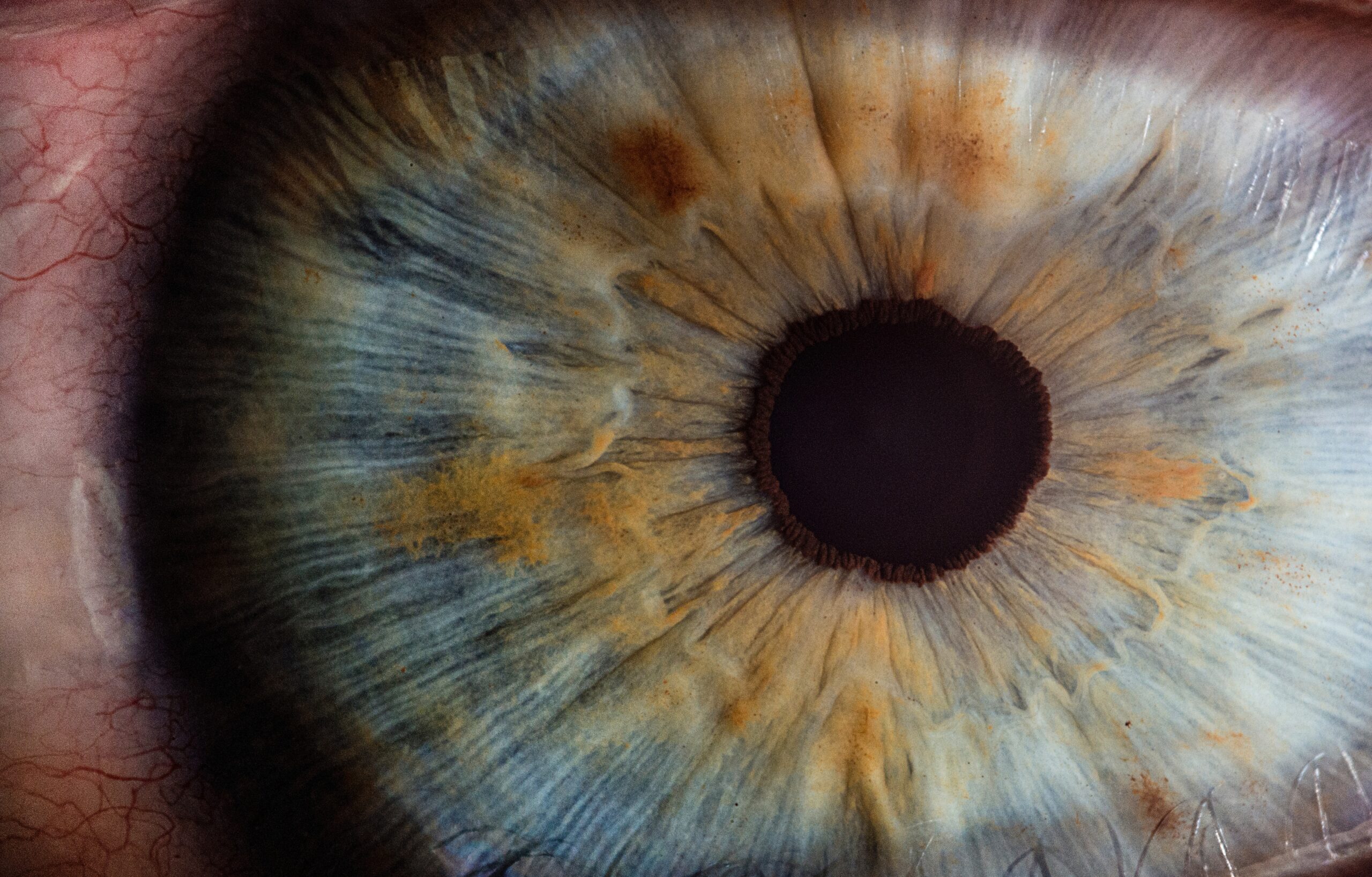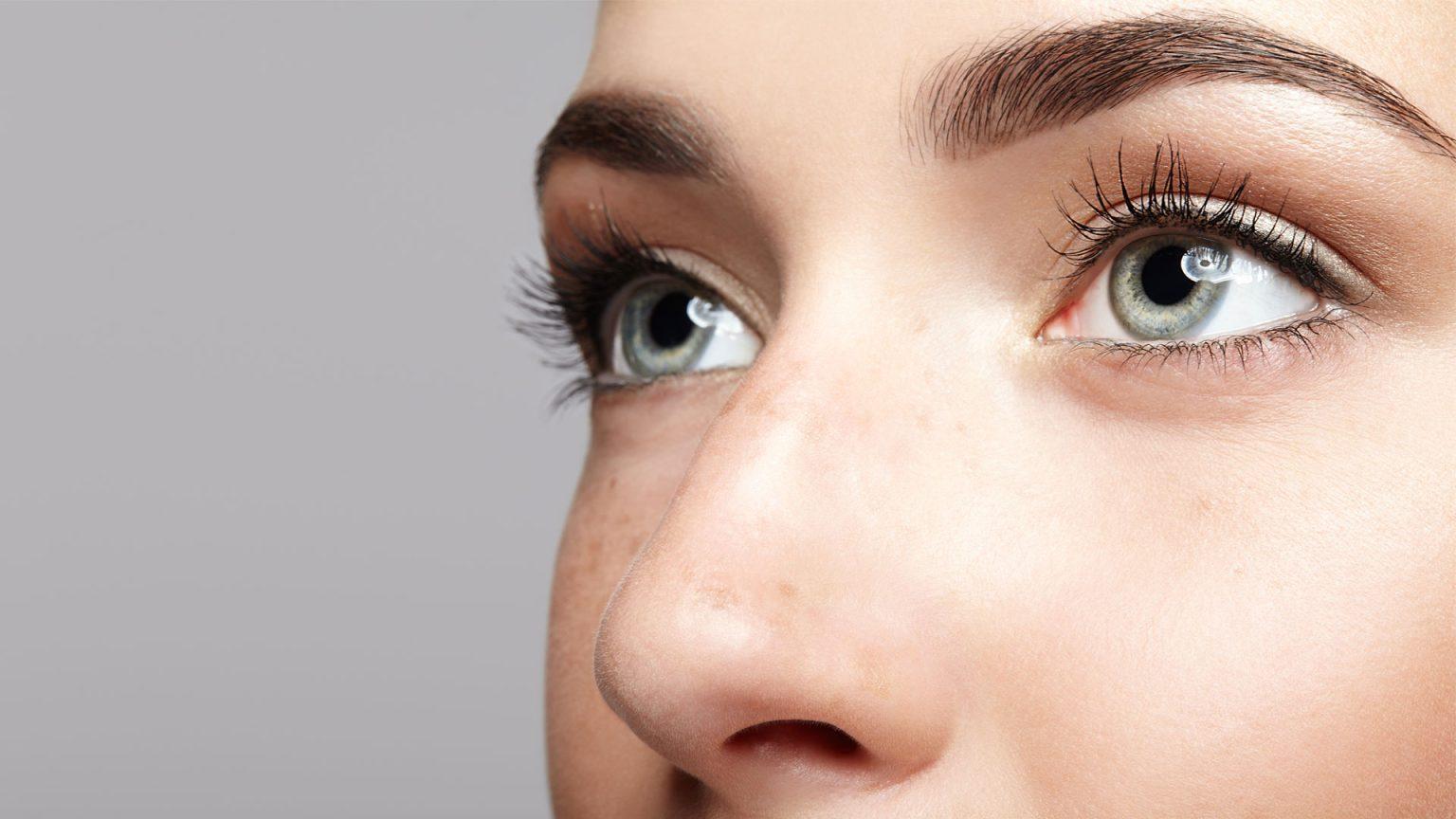Protecting Your Eyes
The importance of protecting your eyes is often underestimated. Your eyes are an extremely important part of your body – and not just for seeing. Indeed, many healthcare practitioners acknowledge that our eyes provide an effective window into the state of our body, offering an often accurate impression of our overall health. That means that we must give close consideration to the health of our eyes in order to maintain clear vision as we progress into old age.
Cathedral Eye Clinic offer a range of surgeries and other treatments aimed at protecting your vision. These options come with a variety of price plans to suit every budget.
See below for the following eye care tips for beautiful eyes:
Eyecare Tips For Beautiful Eyes: Have Regular Eye Exams
When it comes to protecting your eyes, consistency is key: regularly undergoing eye examinations and wearing your corrective lenses as prescribed can lend a great deal towards protecting and preserving your vision throughout life and into old age.
According to NHS guidelines, it is recommended that you receive an eye examination at least once every two years (however, at Cathedral Eye Clinic, we believe that more regular exams are highly beneficial). There are a number of reasons why it is essential to receive regular tests. For example, many medical conditions can be diagnosed by any pain or discomfort they may cause. Many eye conditions, however, can go ignored due to a lack of pain or visible symptoms. This fact means that eye conditions can persist for a lengthy duration, decreasing your chances of achieving perfect eyesight.
An eye test is more than just a vision exam or a test to inform you if new glasses or a change in prescription is required. An eye test is an essential health check and can identify a range of general health problems, many of which can be treated with an early diagnosis. At Cathedral Eye Clinic, our rigorous and meticulous 11-dimension eye scan can identify a range of conditions (this is an important test which is given to every patient).
Some individuals are more susceptible to eyesight impairments and eye health conditions than others. It is particularly important to undergo regular eye examinations if you identify with any of the following traits:
- Aged 60 and above: If you are aged 60 and above, it is important that you receive regular eye examinations. This is because you will be more likely to have developed age-degenerative eye conditions such as presbyopia (age-related longsightedness or shortsightedness) or cataracts (a cloudy obstruction of the eye).
- Certain ethnic groups: People from certain ethnic groups will be more susceptible to eyesight impairments and eye health conditions. For example, patients from the Afro-Caribbean community are more likely to suffer from diabetes or glaucoma in life. Meanwhile, patients from a South Asian ethnicity are similarly more likely to develop diabetic retinopathy (a complication which frequently accompanies diabetes).
- Learning disabilities: Sensory impairments are more common in people with disabilities. Indeed, learning difficulties can be caused by problems in how we visualise the world around us. This is why it is important that patients presenting with learning difficulties receive regular eye exams.
- Family history: Many eyesight impairments and eye health problems can be genetically inherited.
How to Keep Eyes Healthy
Aside from having regular eye exams, there are a number of lifestyle changes which can be made to protect your eyes.
Quit smoking: Stopping smoking is a piece of advice offered across healthcare – and the reasons are plentiful. In regard to our eyesight, however, smoking can encourage the development of age-related macular degeneration, as well as cataracts. For advice in stopping smoking, consult your GP.
Moderate your alcohol intake: Like smoking, consuming alcohol in heavy amounts can significantly increase your risk of developing age-related macular degeneration. Patients both male and female are advised to consume no more than 14 units a week, with drinking spread over at least 3 days in the week. For advice on moderating your alcohol intake, consult your GP.
Sun protection: Protecting your eyes from the harmful UV rays of the sun is a vital step in protecting your vision throughout life. Sun damage is a gradual and cumulative process – so taking consistent action is essential. To protect your eyes from the sun, wear sunglasses with adequate UV protection, and wear a wide-brimmed hat for added security. Avoid looking directly into the sunlight (this can cause irreversible damage and even blindness).
Eat a healthy diet: Eating a healthy diet is an essential step in protecting your eyesight and guarding against the development of eye diseases. A nutrition plan rich in vegetables and fruit (particularly dark, leafy greens such as kale and spinach) can assist in keeping your eyes healthy. Meanwhile, research has demonstrated the benefits of eating omega-3-rich foods such as salmon and tuna.
Watch your weight: Obesity and being overweight significantly increases your risk of developing conditions such as diabetes, which can lead to conditions such as diabetic eye disease or glaucoma. For help losing weight or changing your diet, consult your GP.
Observe eye hygiene: Keep your hands and your contact lenses clean to avoid the risk of infection or injury.
Rest your eyes: This piece of advice is particularly relevant to patients who spend significant portions of time working at a computer. Focusing on one particular distance all day can cause eye fatigue. To protect your vision, take regular breaks and sit at a reasonable distance from your computer screen.
Protect against blue light: Many patients exhibiting eyesight impairments regularly use digital devices for hours across the day (including computers, tablets and smartphones) which emit a high-energy blue light. Over a long-period of time, this can be harmful to your eyes – so take measures to reduce the glare and blue-light power of your devices.
Bring your world into focus. To hear more about our treatments, our free suitability assessments or to book a consultation, get in touch with Cathedral Eye Clinic today.








